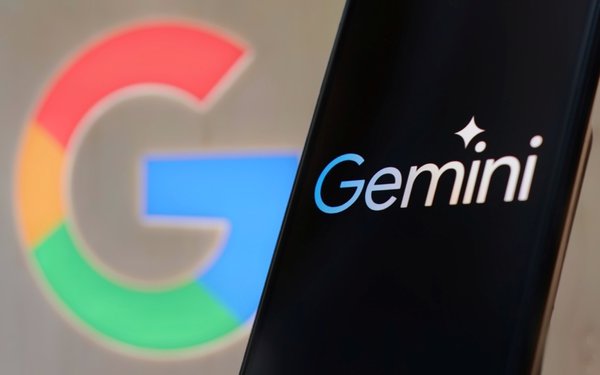
The EU has published a Code of Practice to help companies
follow the AI Act's General Purpose AI (GPAI) rules, which goes into effect August 2, 2025.
The rules roll in as Google, Anthropic, OpenAI, Grok and others accelerate the rollout of generative
AI (GAI) products and services. Google will soon roll out its AI search tool Gemini to more countries, as well as AI Mode for searchers seeking a conversational interface.
The EU's
code requires developers to provide up-to-date documentation describing features in their AI models to regulators and third-party companies that want to integrate the technology in their own
products, the European Commission said Thursday. It includes copyright protections for creators and transparency requirements for LLMs.
Despite all the requirements of the AI Act, the EU said
the General-Purpose AI Code of Practice is a "voluntary tool developed by 13 independent experts, with input from over 1,000 stakeholders, including model providers, small and medium-sized
enterprises, academics, AI safety experts, rightsholders, and civil society organisations."
It is intended to help companies create an internal process to implement the AI law, which can
carry a fine of as much as 7% of a company's annual sales for breaching the AI Act.
advertisement
advertisement
AI Office of the
Commission can enforce the rules up to one year later for new models and up to two years later for existing large language models. The goal is to make the LLMs safe and transparent.
The Code
has three parts: Transparency and Copyright, both addressing all providers of general-purpose AI models; and Safety and Security, relevant only to a limited number of
providers with the most advanced models.
New Street Research made a point in one of the firm’s resent research notes — the release of AI tools is accelerating. There had only been
“14 days between AI Mode test launch and full rollout in India.”
It’s not clear whether the rapid rollouts are because AI can identify flaws in its own coding, or that the
engineering teams are getting better at identifying and fixing bugs.
“These timelines compare to test periods for AI Overviews that lasted around a year in both the U.S. and India, and
over nine months in markets like in Brazil and Mexico,” according to New Street Research, which cites Google company blogs. “AI Overviews are now available in 237 countries and in 45
languages, a little over two years after initially tested, as the Search Generative Experience (SGE)."
The analyst firm estimates AI Mode will test and roll out next in Brazil, Mexico, Japan
and Indonesia, as they were all among the first countries beyond India and the U.S. to get full rollouts of AI Overviews.
“The UK is the most likely next English-dominant country, as
GOOGL has more slowly rolled out AI search features in countries like Canada and Australia, where regulatory spotlight has been brighter and more restrictive,” New Street Research wrote.
“EU regulations have slowed AI search rollouts on the continent, however countries like Germany, Spain and Italy all now feature AI Overviews and could see AI Mode soon. France and Turkey still
do not have access to AI Overviews.”